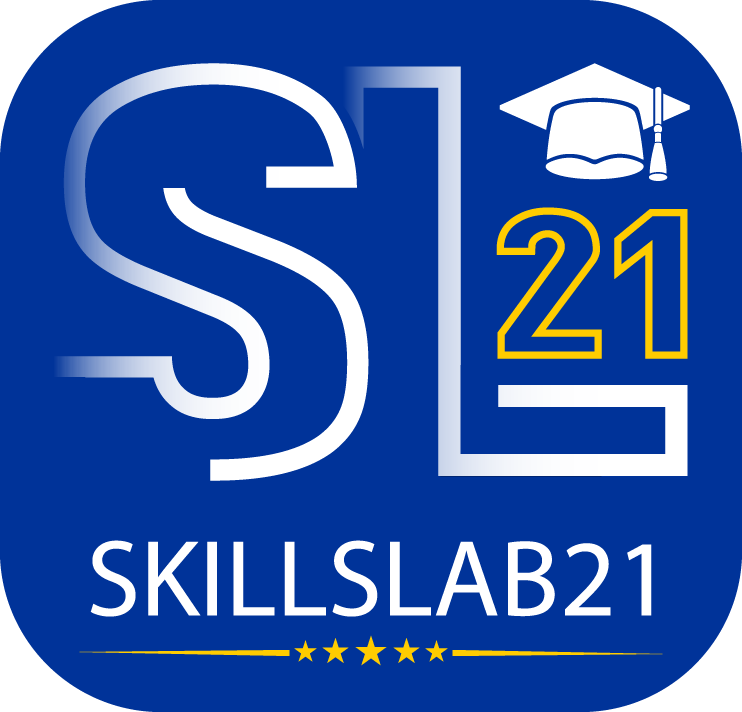MANAGING DIVERSITY AT SCHOOLS

MANAGING DIVERSITY AT SCHOOLS
Diversity management focuses on the management style of organisations and teachers and how they deal with diversity.
Diversity is not an issue, but rather something that needs to be managed. Diversity management is a subset of diversity leadership, thus the two are not mutually exclusive. The term “diversity leadership” refers to the practice of leading with tolerance, respect, and sensitivity in the face of a wide range of individual differences, including but not limited to gender, language, religion, race, ethnicity, and political ideology, while also making use of these differences to further the goals of the organization.
This course will provide you with the resources and techniques you need to succeed in an intercultural teaching environment.
The training will provide teachers (and other professionals who work with people of different backgrounds) with a set of practical activities and a legal framework that they may utilize in their classrooms to build a more inclusive and varied classroom environment.
To create resiliency in classrooms, participants will engage in creative workshops that foster respect and provide students with a space to learn as well as an opportunity to succeed.
LEARNING OUTCOMES
Participants will gain the ability to:
- Learn how to combat prejudice and discrimination with the help of these resources.
- Promote a diverse and inclusive learning environment in the classroom.
- Learn about the various legislative safeguards in place to ensure the safety of children;
- Tell stories in their work every day.
- Enhance your ability to study in a foreign language and culture
- Get a new perspective on teaching in a diverse classroom.
Day 1
- It’s a brief overview of what you’ll be doing in class, at your school, and beyond this week;
- Activities that serve as an icebreaker;
- Presentations of the schools attended by the participants;
- Evaluation of requirements and expectations;
- Teachers face a new difficulty in the intercultural classroom.
- Investigating one’s own cultural identity in the classroom
- Sharing your personal and professional experiences and problems.
Day 2
- Inquiring into cultural norms and practices
- Language and cultural exchanges;
- These cultures have varying levels of social context
- In the process of perception, stereotypes and prejudices play an important role.
- Getting in touch with one’s own biases.
Day 3
- Inquiry into the EU’s anti-discrimination laws
- Practical empowerment exercises for recognizing discrimination
- In the event of discrimination, there is legal recourse.
- Being aware of your own role in reducing discrimination in your workplace and organization.
Day 4
- Emotional intelligence and empathy;
- The use of narrative as a means of cultivating an understanding of other cultures;
- Storytelling as a vehicle for social change
- Important skills for a diverse and inclusive classroom
- Teachers’ capacity is bolstered by hands-on training.
Day 5
- The evaluation of the course includes a review of the skills and knowledge students have gained, as well as comments from the instructor and class discussion.
- The giving of the Certificate of Attendance upon course completion;
- Adventures and other cultural activities
Ready to Get Started?
Update your knowledge, develop new skills with us!
